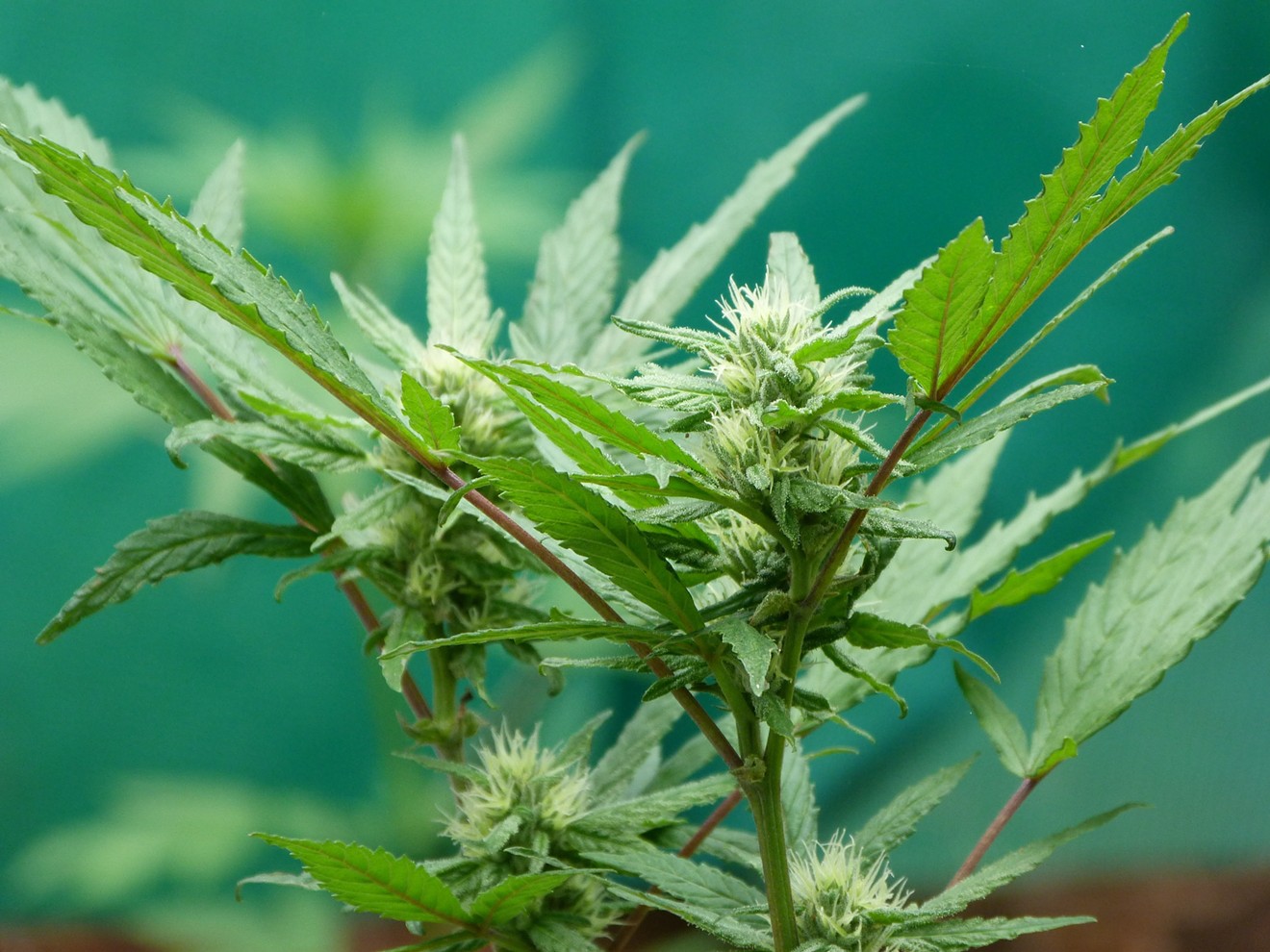While Fried campaigned on increasing access to medical marijuana, both she and the new cannabis director will also have to deal with another rapidly growing Florida industry: hemp, marijuana's friendly, nonpsychoactive sibling. Now that 2018's federal farm bill has legalized hemp nationwide, the state must play catchup to regulate a market that's projected to approach $2 billion by 2020.
Hemp can be used to make all kinds of practical products including textiles, food, biofuel, and body care products. But CBD-containing products derived from hemp are far and away the most buzz-worthy. They've been popping up at our farmers' markets and in our lattes. Despite the craze, 67 percent of Floridians have no idea what the "CBD" in "CBD-infused" stands for, according to a new Mashable survey. And though hemp is now legal under federal law, its cultivation and some of its byproducts, including CBD, remain in a legal grey area.
Short for cannabidiol, CBD is a compound found in cannabis that doesn't get you high due to its
It's more akin to a dietary supplement than a drug. Pro athletes are embracing it, and so is the AARP. "Our 9-year-old daughter takes CBD," says Michael Richmond,
Is CBD legal in Florida? There is no simple answer here. Although the U.S. Congress legalized hemp products in the 2018 farm bill, Fried recently told WFSU Public Media, "It’s not legal here right now." However, she added, "we are not going to come in and say you cannot sell CBD in the state of Florida." A bill filed for the 2019 legislative session proposes a regulatory framework for hemp cultivation and CBD quality control, including mandatory testing and FDA approvals, but it hasn't yet passed.
So while hemp and its trendy CBD ingredient are currently legal under federal law,
Is CBD right for me? Like medical marijuana, CBD comes in many forms. You can eat it, vape it, squeeze it as a liquid under your tongue, or rub the oil into your skin. You can swallow it in pill form and add it as a supplement to foods. You can even give it to your pets. In addition to its calming effects, CBD has anti-inflammatory properties that make it ideal for managing arthritis, osteoporosis, and blood pressure, among other things.
CBD is also safe. According to the World Health Organization, there's no evidence of public health-related risks or abuse potential correlated with CBD use. That said, there are limits to CBD's powers — especially in the
What's the best CBD and where can I find it? If you're ready to take the plunge and try CBD or just want to find better products, do your research. One thing you can look to first is a product's
"You don't have to be a scientist to read a COA," Richmond says. "Look for brands spending the money to make sure consumer safety is at the forefront." As the industry expands and moves toward full transparency, it's important to educate yourself. Look for referrals, ask friends and family, and do your homework before deciding which CBD products, if any, are right for you.












